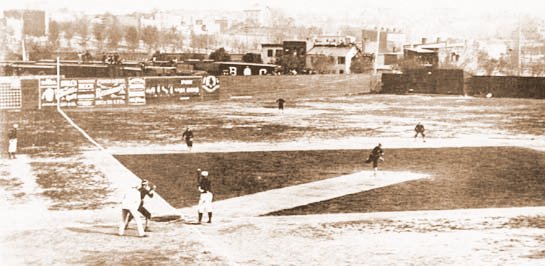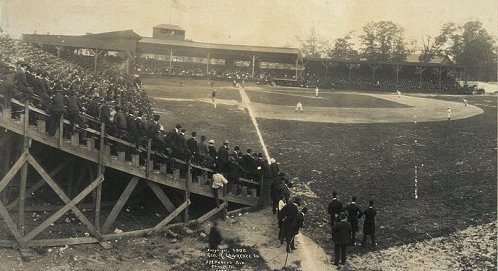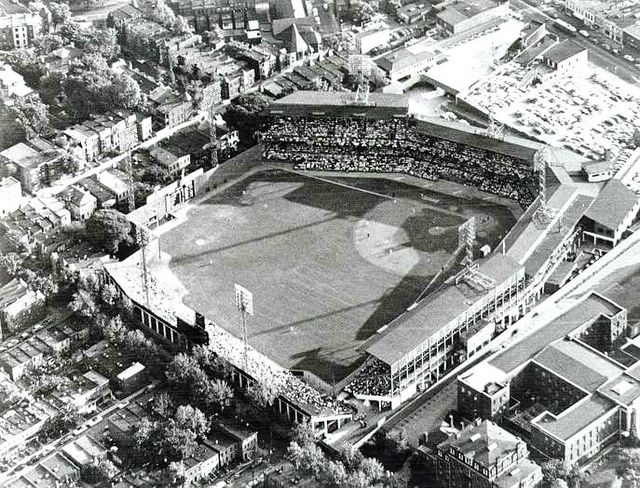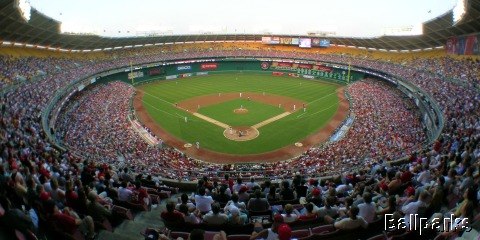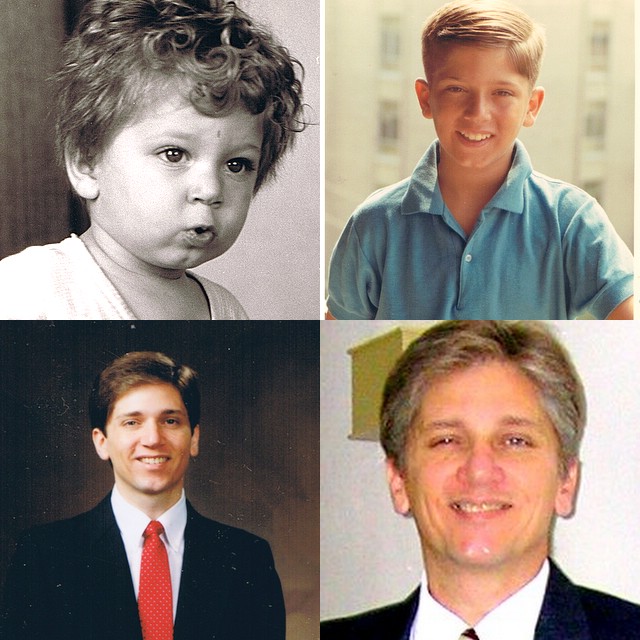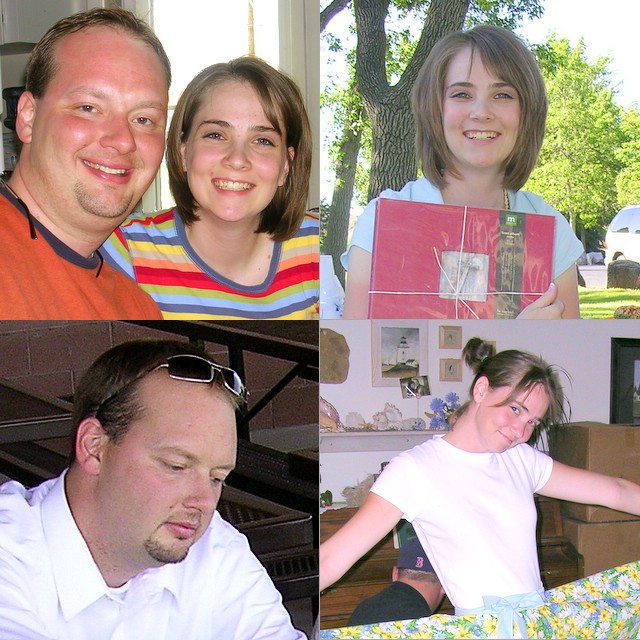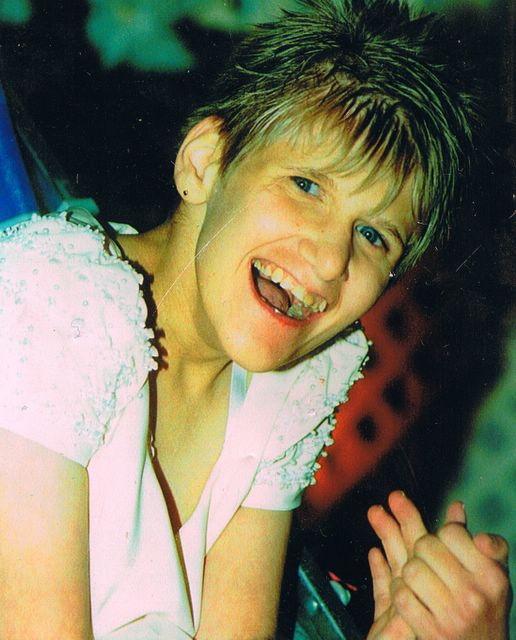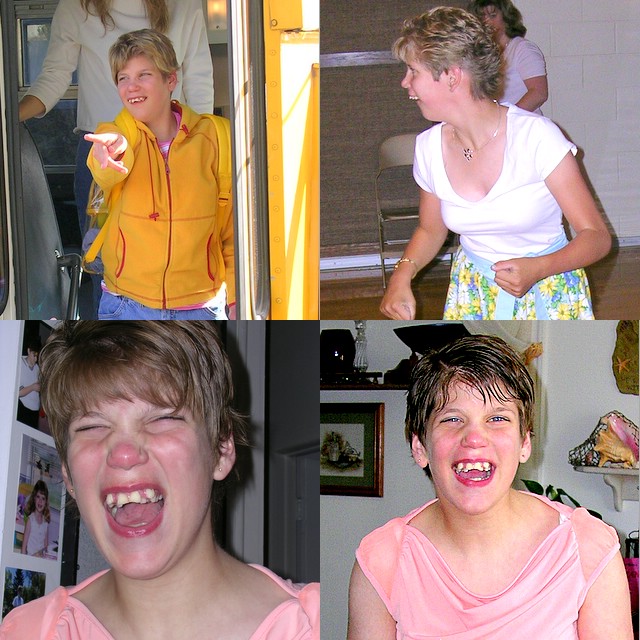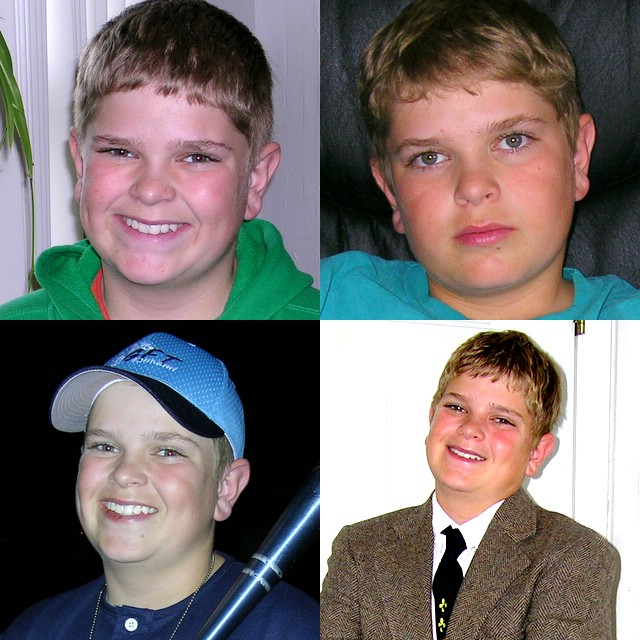Look For "Two-Headed" Second Baseman In 2006
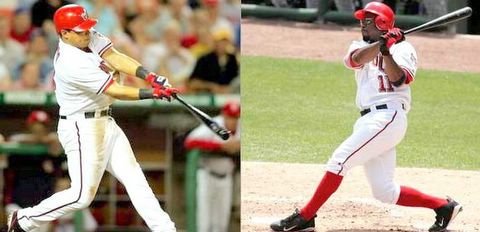 [October 25th] -- 2002. Three years ago. That was the last time that Nationals' second baseman Jose Vidro was healthy for an entire season. Knee problems in the second half of 2003 forced him to miss 16 games. His knee worsened the next season, limiting Vidro to only 110 games before the team shut him down in early August. Surgery following the 2004 campaign fixed the problem with the knee, but Vidro experienced joint swelling in spring training and played in pain until an ankle injury in May forced him out of the lineup for much of the remainder of the season.
[October 25th] -- 2002. Three years ago. That was the last time that Nationals' second baseman Jose Vidro was healthy for an entire season. Knee problems in the second half of 2003 forced him to miss 16 games. His knee worsened the next season, limiting Vidro to only 110 games before the team shut him down in early August. Surgery following the 2004 campaign fixed the problem with the knee, but Vidro experienced joint swelling in spring training and played in pain until an ankle injury in May forced him out of the lineup for much of the remainder of the season.
Enter Junior Spivey.
Spivey came to the Nationals in the Tomo Ohka trade. Frank Robinson had tired of Ohka and the Brewers had phenom Rickie Weeks waiting in the wings. Spivey's 2005 season, cut short due to injury [did any National play the entire season?] was not up to his usual standards. He hit only .232 with 7 home runs.
The Nationals cannot count on Vidro being healthy next season. The team doctor recommended surgery for his knee, but he has instead followed a path of excercise and light weight lifting. He told mlb.com that he is feeling much better and that the swelling is down.
The best option for 2006 is to platoon Junior Spivey and Jose Vidro at second base. Vidro has a career batting average against right-handers of .315 with good on base and slugging percents as well. Spivey, on the other hand, hit left handers much better than righties. Last season, Spivey batted .305 against left-handers and only .205 against righties. His power and on-base numbers are much better from the right side.
By platooning the two players, the Nationals will keep the pressure off of Vidro's bad knee while keeping Spivey off the field against right-handers. Vidro and Spivey could easily combine for a .300-20-75 season, production the team desperately needs. Spivey will likely leave the team through free-agency following the 2006 season, and Vidro, by playing only 100 or so games, should be 100% healthy to assume 2b full-time in 2007.
It's a win-win.








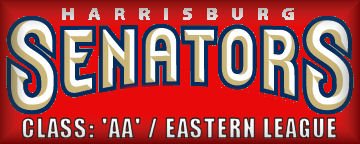
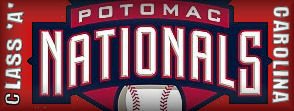

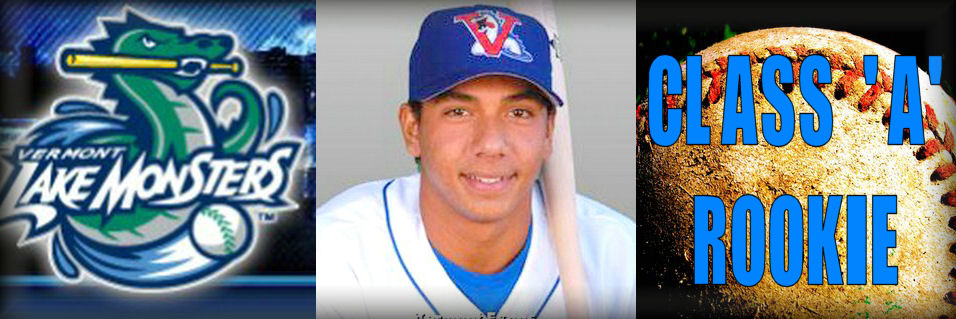















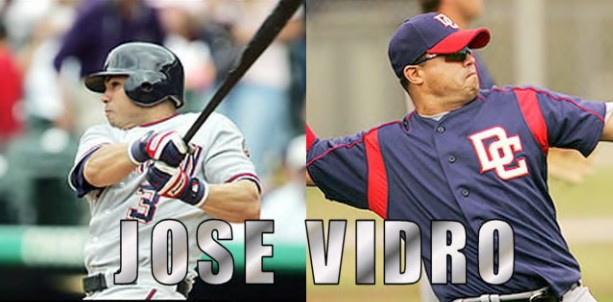




















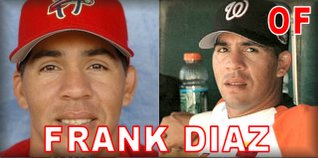

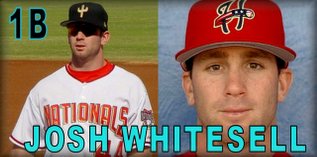
 3) 1926 (road) --- 4) 1936-'37, 1948-'51
3) 1926 (road) --- 4) 1936-'37, 1948-'51 3) 1968 - '71, and 2005 (home) --- 4) 2005 (road)
3) 1968 - '71, and 2005 (home) --- 4) 2005 (road) Buddy Meyer --- Walter Johnson
Buddy Meyer --- Walter Johnson Ed Yost --- Muddy Ruel
Ed Yost --- Muddy Ruel Roger Peckinpaugh --- Joe Cronin
Roger Peckinpaugh --- Joe Cronin Del Unser --- Darold Knowles
Del Unser --- Darold Knowles Ed Stroud - Mike Epstein
Ed Stroud - Mike Epstein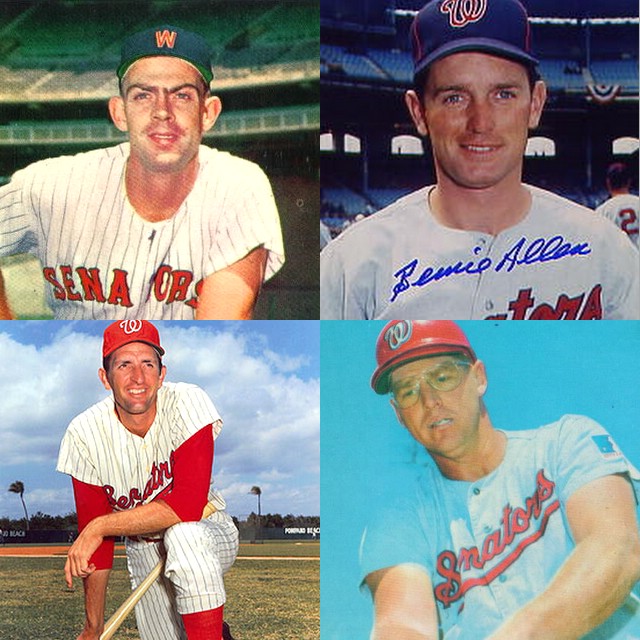 3)1968 -- 4)1969 - 1971
3)1968 -- 4)1969 - 1971